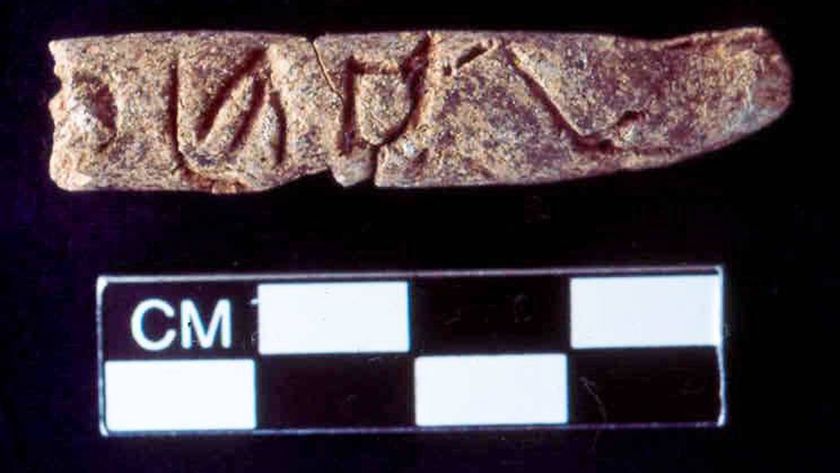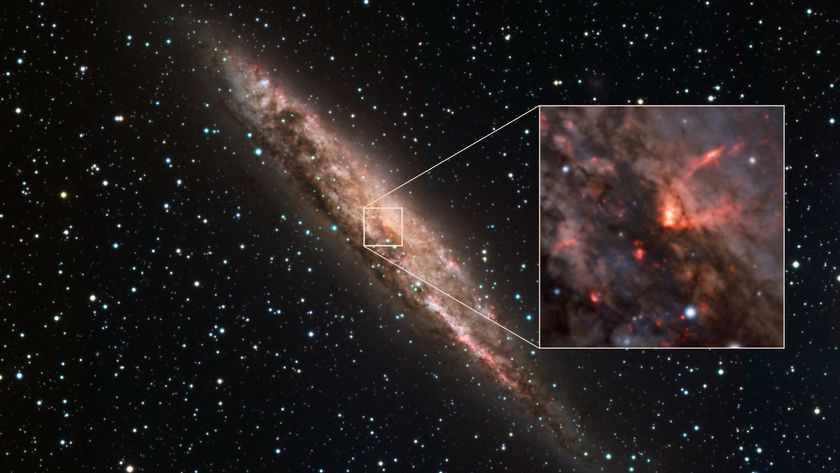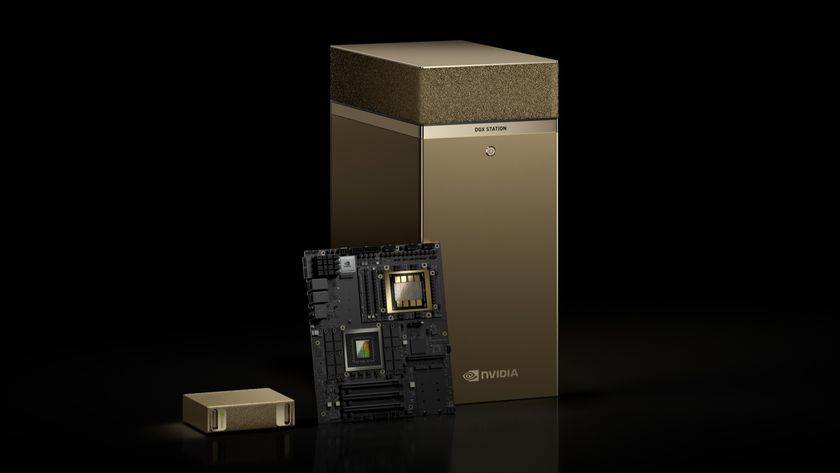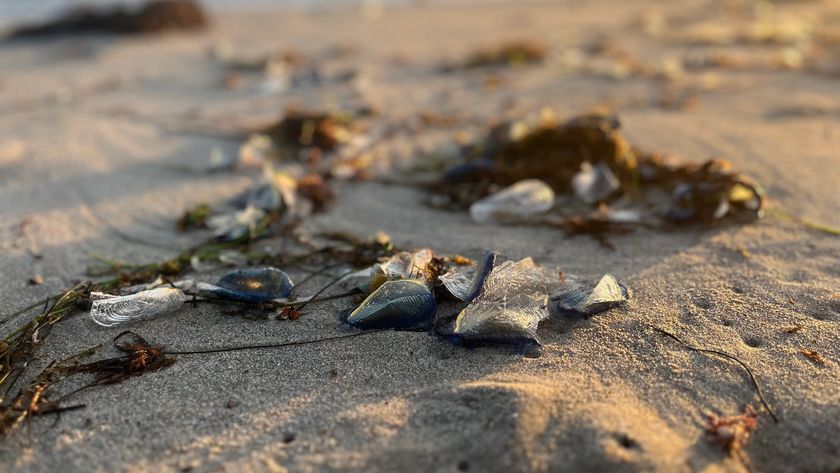Powerful Ideas: Mutant Bacteria + Polyester = More Biofuel
Editor's Note: This occasional series looks at powerful ideas — some existing, some futuristic — for fueling and electrifying modern life.
Brewing a certain type of biofuel with a mutant bacteria and polyester could double the fuel's production, researchers have found.
The biofuel, butanol, is a type of alcohol that is mainly used as a solvent, or in industrial processes that make other chemicals. But researchers think it has potential as a biofuel that could one day replace gasoline.
Butanol would produce more energy than another type of alcohol alternative fuel, ethanol.
Engineers at Ohio State University have developed a process that improves on the conventional method for brewing butanol in a bacterial fermentation tank.
Normally, bacteria could only produce a certain amount of butanol — perhaps 15 grams of the chemical for every liter of water in the tank — before the tank would become too toxic for the bacteria to survive, explained team member Shang-Tian Yang.
Yang and his colleagues developed a mutant strain of the bacterium Clostridium beijerinckii in a bioreactor containing bundles of polyester fibers. In that environment, the mutant bacteria produced up to 30 grams of butanol per liter.
Sign up for the Live Science daily newsletter now
Get the world’s most fascinating discoveries delivered straight to your inbox.
The researchers reported their results this week at the National Meeting of the American Chemical Society meeting in Washington, D.C.
Microbes have also be used to soup up ethanol.
Biofuels aren't limited to alcohols and microbes either; alternative fuels have been proposed from grasses, corn, algae, rice byproduct and even brewery waste.
Yang said that this use of his patented fibrous-bed bioreactor would also ultimately save money.
"Today, the recovery and purification of butanol account for about 40 percent of the total production cost," Yang said. "Because we are able to create butanol at higher concentrations, we believe we can lower those recovery and purification costs and make biofuel production more economical."
Currently, a gallon of butanol costs approximately $3.00 — a little more than the current price for a gallon of gasoline.
The engineers are applying for a patent on the mutant bacterium and the butanol production methodology, and will work with industry to develop the technology.
- Powerful Ideas: Spray-On Solar Cells
- Powerful Ideas: Beer Waste Makes Fuel
- More Powerful Ideas











